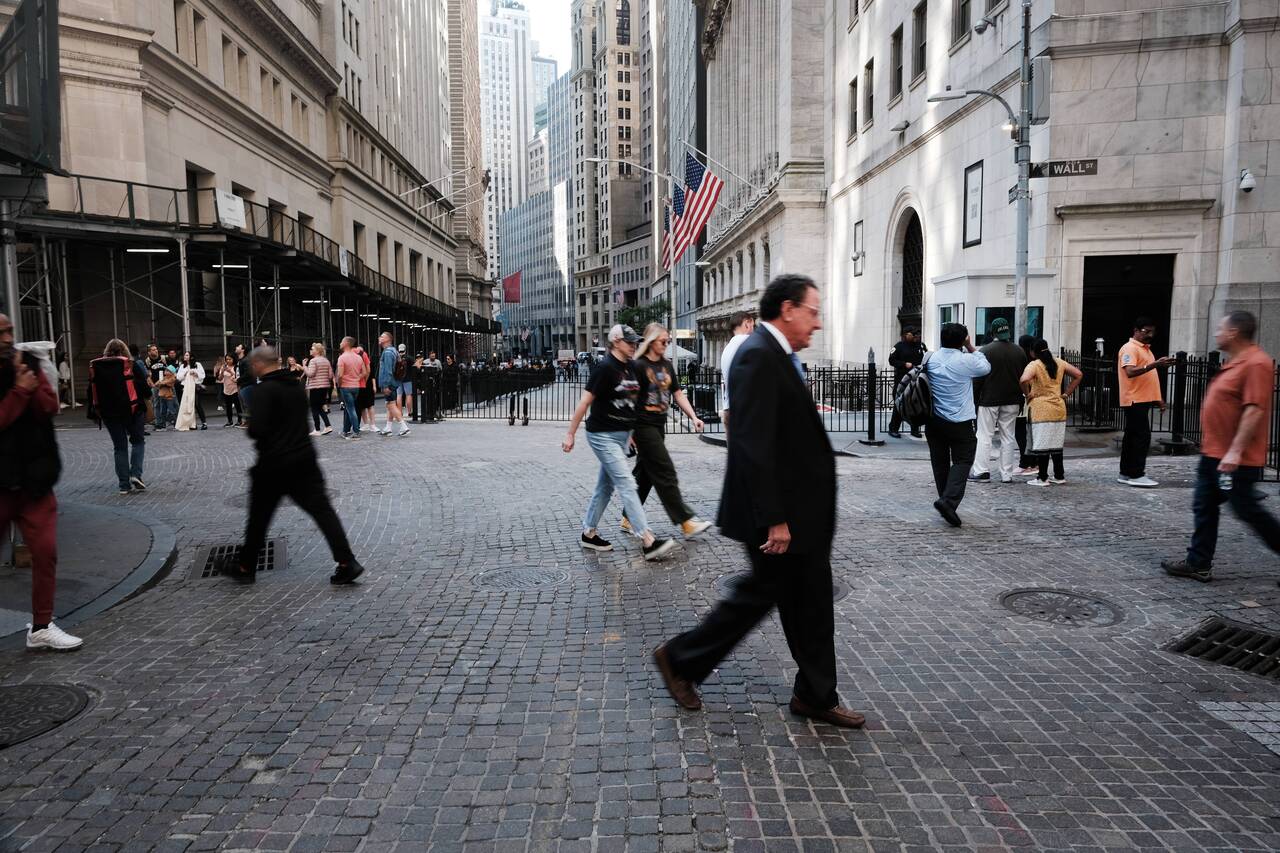The rise and fall of Wall Street's pandemic darlings
Sign up now: Get ST's newsletters delivered to your inbox

Soaring inflation and an economic slowdown tipped Wall Street into a bear market this year.
PHOTO: AFP
Follow topic:
NEW YORK - Think about something novel you started doing 2½ years ago to make life easier during the Covid-19 lockdown and chances today are that there is a related story about a stock market casualty.
Add investor worries about soaring inflation and an economic slowdown that tipped Wall Street into a bear market this year, and you will find a bleak picture for the companies that became hugely popular during the pandemic.
Connected stationary bike maker Peloton Interactive told employees last week that its fourth round of job cuts this year is a bid to save the company. Its problems put a spotlight on other pandemic hotshots like Zoom Video Communications, Nautilus and DoorDash.
Growth investors pushed Peloton stock to a US$171.09 record in early 2021. Demand was so strong for its bikes that restless consumers had to wait out long delivery delays. But Peloton shares are now down 95 per cent from their peak, closing at US$8.53 on Wednesday. The S&P 500 by comparison is down about 25 per cent from its record high in January this year.
Others bought exercise gear from Nautilus during the pandemic, sending its stock up to US$31.30 in early 2021. It last traded at US$1.65.
Zoom became synonymous with online meetings as many people worked remotely and even turned to video conferences for social gatherings. But Zoom's shares were last at US$75.22 versus its US$588.84 peak, reached in October 2020.
Other stay-at-home favourites were online retailer Amazon.com and food delivery service DoorDash. People also flocked to consumer-friendly brokers like Robinhood Markets while stuck at home with no sports to bet on. But after scaling US$85 in August 2021, Robinhood last traded at US$10.66.
"These are companies with good enough ideas that they get enough funding. They catch a wave like Covid-19, their use explodes," said Ms Kim Forrest, chief investment officer at Bokeh Capital Partners in Pittsburgh. But once that growth slows, investors lose interest.
"They kind of used up all the air in their universe, and they have nowhere to grow. So, while people might still be using the Peloton, not enough people are buying the Peloton," said Ms Forrest.
Zoom has been making money and its valuation also appears cheap at 35 times earnings per share versus an average multiple of 135 since its April 2019 debut, said Mr Daniel Morgan, portfolio manager at Synovus Trust.
Still, he is concerned about its profit decline. Zoom's adjusted earnings per share is expected to fall 27 per cent for its fiscal year ending in January versus 2022 growth of 55.5 per cent, according to Refinitiv.
Mr Morgan also pointed to a growth slowdown for DoorDash and Amazon.com as they are also being hurt by soaring inflation and economic uncertainty.
"Each company is going to have to see how its particular business model can execute in a normalised environment," he said. REUTERS

